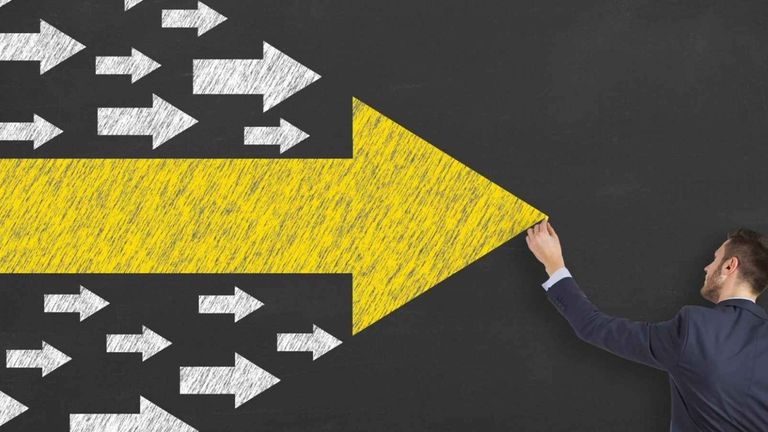A classic, although largely neglected question regarding blame falls into the category of motivation - does the attribution to blame require external help to fuel the motivation-character trait dispositions which arise from the blamers nature? The attribution to blame turns a personal feeling into something objective and even preservative. It may result from a personal misimpression or from a lack of understanding of the situation. However it arises, the feeling of guilt that results is motivation for finding a" scapegoat" or some grand and unachievable" scapegoat" to blame for the failure. It is like a self-fulfilling prophesy.

It could also be a motivational technique. Blame can provide a trigger for a variety of behavioral responses from low performers to high performers. It could create motivation for keeping work under control, for example, which will be necessary for getting better quality output. It could also create motivation for employees to be more efficient and for them to try harder. But all this would have come about only if, and I stress if, the original cause of low performance had not been attributed to the low performers' personal failures. If it were that easy to blame someone else for your own failure then no employer would ever have employed anyone in the first place.
To stop the blame game, as managers should, we should understand what makes blame so negative. It's all about projection. When we attribute blame to others we are assigning a role and expectations to that role based on our own role and expectations. For example, when I say that we should stop the blame game I am saying that we should remove ourselves as players in the blame game and give our roles to people who are playing them and are not us. In doing so we stop the blaming and remove the motivation for continuing the game.
What would that new way of stopping the blame game look like? Would it involve saying that it is our responsibility to do whatever it takes to make the team function at 100%, and if we do not do this we are going to be held responsible? Could we actually say that we are going to have to get everybody to stop blaming others for their failure and then start taking responsibility for our own success instead? I believe that if we adopt such a new way of thinking we will find that we do indeed succeed more often than not. And that success will then encourage others to do the same. This new approach can help to bring about a new climate where blame is not part of the process, and success breeds success.
Does all this require that we give up any sense of self-worth and individuality? No, I do not think it does. Rather, what it requires is that we recognize that there is a difference between blaming others and delegating our responsibilities, and that we accept and embrace that difference and embrace it fully. In other words, it would require that we become willing to stop blaming others for our failures. We would then understand that this would result in success, and that we do indeed deserve the good fortune to be successful. This is no longer a matter of whether blame exists; it is a matter of whether we allow it or not to go beyond that.
The other big deal with blame is that it tends to keep you stuck in your comfort zone, where nothing is changing. And that is exactly how you stay stuck - you are still blaming others and justifying poor performance based on the actions of others. This means that you are doing little to change the dynamics of your environment. It is very difficult to be an "everybody" kind of person in this day and age when so much is riding on other people's actions and your own actions and perceptions.
So, why is it that we often avoid looking inside ourselves and find refuge instead in other people's behavior? Why do we want to put everybody else on the spot while trying to take responsibility for our own actions? If those questions are popping into your head, you know that you need to stop blaming others for your own poor performance. You need to learn to take responsibility for your own actions and then start to work to improve yourself.

The problem with the blame game is that it is short term and will not accomplish anything beyond creating hurt feelings and temporary despair and discomfort. But the real problem is what happens when you stop blaming others, and when you start to work on yourself? Not only will you find yourself more empowered, but you will also find that you are more able to effectively handle situations that occur in your life.